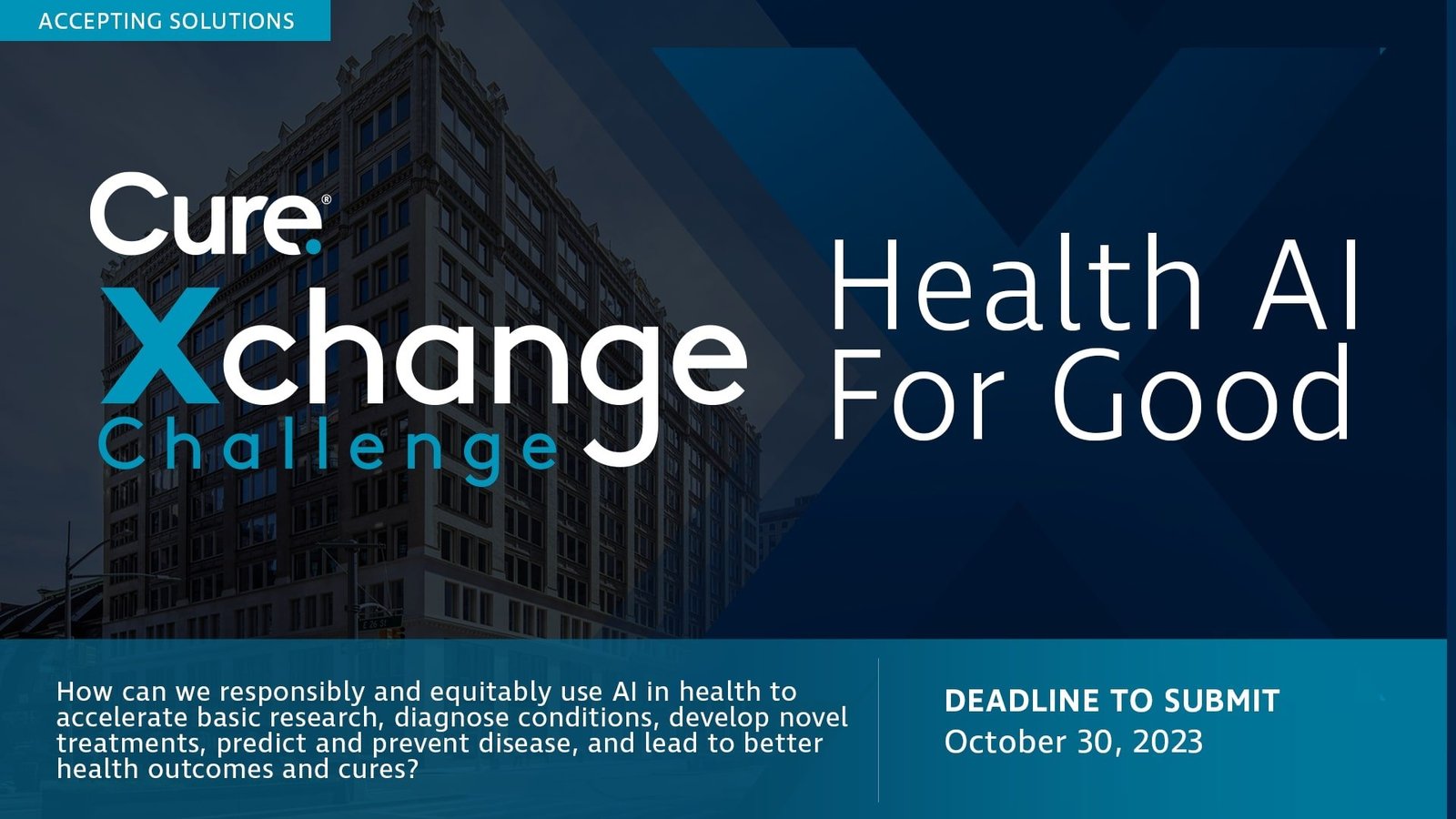Accepting Solutions
Healthcare in the U.S. is in an exciting period of innovation—in research, drug development, diagnostics, devices, surgical procedures, health data and much more. At the same time, we face growing complications in the healthcare system, like high costs, inequitable care, access to care, and inefficiencies. Consequently, health outcomes in the U.S. rank among the worst of high-income countries. Making sense of the complexity and developing ethical and effective solutions and system reforms are among the most significant hurdles in the 2020s to optimizing human health and achieving the UN Sustainable Development Goal 3 for Good Health & Well-Being.
Artificial Intelligence (AI), Large Language Models (LLM), and advanced and quantum computing are poised to transform healthcare end-to-end, from drug and vaccine discovery, development and production to diagnostics, care delivery, and patient outcomes and interactions. AI is already being deployed to design more efficient clinical trials, conduct predictive analytics, and improve diagnoses — among other uses. Work remains to address data and privacy concerns, fairness and representativeness in algorithms, and public trust, yet it’s clear that AI used responsibility has the potential to dramatically improve human health and ultimately to transition the U.S. healthcare system from one bootstrapped by sick care to one focused on well care.
The Cure Xchange Challenge seeks U.S.-based applicants who are working across disciplines and sectors on innovative, Equitable AI solutions for better health outcomes through improvements in:
-
Collecting, analyzing, curating, and making sense of big data to ensure high-quality inputs, outputs, and insights.
-
Using data sharing and interoperability of systems.
-
Creating models and systems that process massive data sets to identify specific targets for precision drugs and treatments.
-
Developing and refining models that use high-quality data to predict and personalize a person’s future health risks with plans to prevent or reduce these risks.
-
Augmenting and assisting human caregivers.
-
Creating and streamlining human-centered processes for delivering, providing equitable access to, managing and paying for healthcare.
-
Creating user-friendly interfaces to improve communication between experts and patients, including providing better information, results, and reminders.
-
Creating a versatile data framework that connects broadly disparate, multimodal data sets to identify patterns or insights to serve as hypotheses for improvements in health systems or global surveillance systems.

